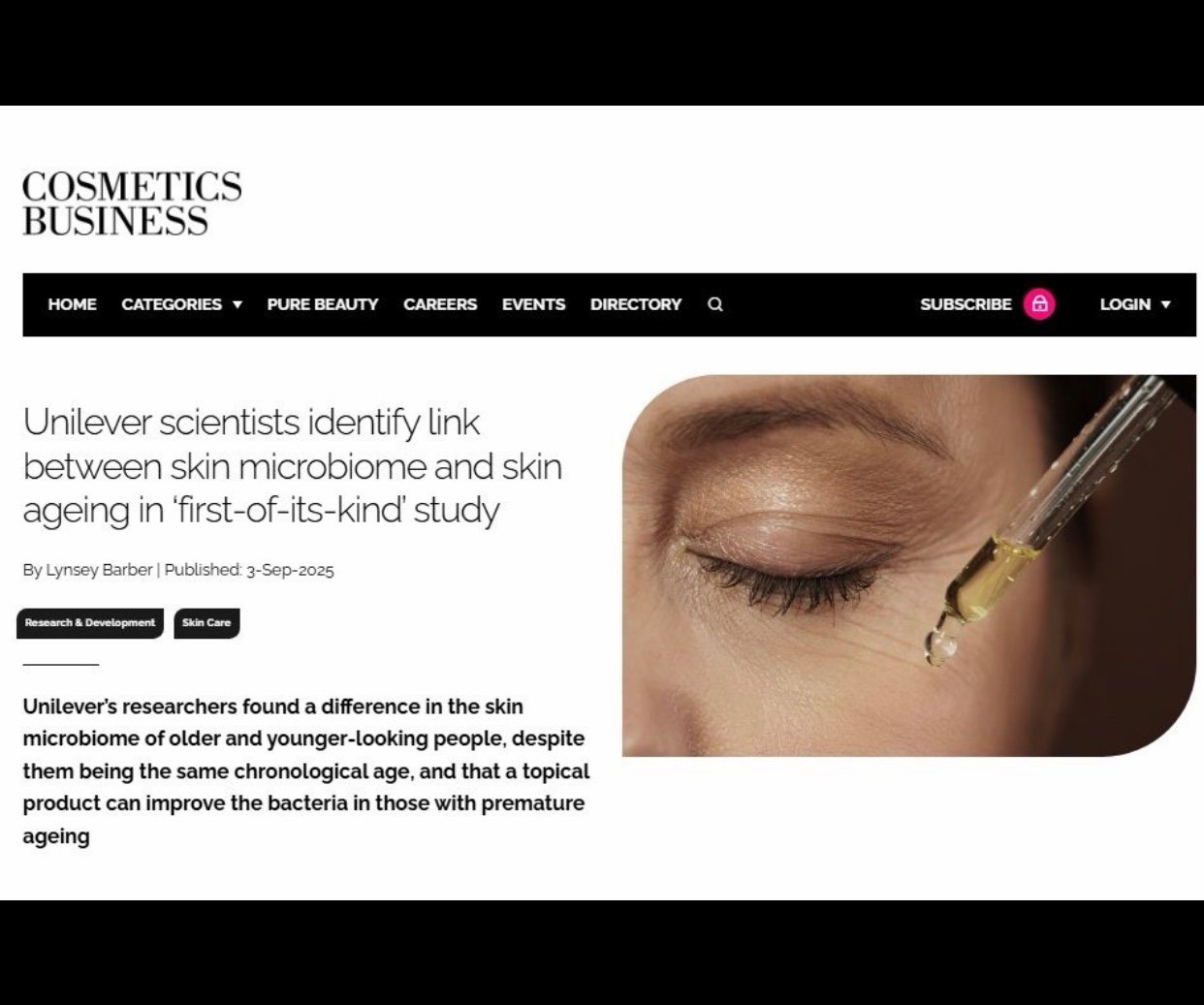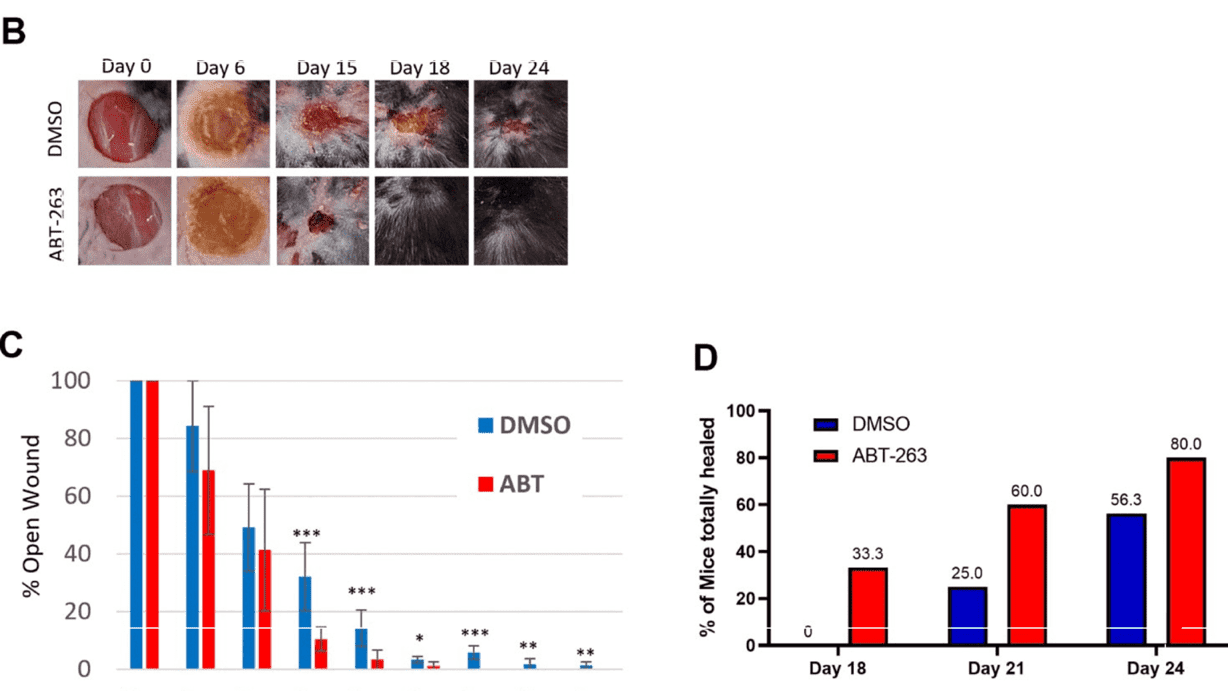In a breakthrough that could redefine the future of anti-aging skincare, Unilever’s latest study—published in the British Journal of Dermatology—has revealed that how old you appear may be closely related to the unique microbial community living on your skin. For the first time, scientists have established a direct connection between the skin microbiome and perceived age, indicating that anti-aging solutions targeting our skin’s microorganisms might be the next frontier in the beauty industry.
What Is the Skin Microbiome and Why Does It Matter?
The skin microbiome refers to the millions of bacteria, fungi, and other microorganisms that inhabit our skin’s surface. Far from being simply passive bystanders, these microbes play a critical role in skin health, immunity, and now—according to cutting-edge research—in how youthful or aged our skin appears.
Inside the Study: How Microbes Influence Perceived Age
The Unilever study analyzed 65 participants between the ages of 40 and 50. Using advanced DNA sequencing methods following the “cup scrub” sampling technique, researchers extracted and examined the microbial DNA from each participant’s skin. The findings were remarkable:
- Younger-Looking Individuals Had More Stable Microbiomes: Those who appeared younger than their chronological age consistently exhibited a resilient and stable microbial ecosystem. Particularly, these individuals showed higher levels of a bacterial genus called Acinetobacter, which may play a protective role in skin health.
- Prematurely Aged Individuals Had Fragile Microbiomes: Conversely, participants who appeared older than their actual age had less stable, more fragile microbiomes, suggesting that disruptions or imbalances in skin bacteria might contribute to visible signs of aging.
Skincare Breakthrough: Retinoids Influence the Microbiome
The study didn’t just stop at observation. Scientists went a step further to examine the impact of topical skincare interventions. Participants applied retinyl propionate—a gentler derivative of the famed anti-aging compound retinol—twice daily for four weeks. The results were promising on multiple fronts:
- Improvement in traditional anti-aging markers: skin brightness, elasticity, hydration, and barrier function.
- A shift in the skin microbiome toward a “younger” profile: The application of retinyl propionate appeared to make the microbial composition more similar to that found in those who look younger.
What Does This Mean for the Future of Anti-Aging Solutions?
This first-of-its-kind study signals a paradigm shift in how we understand and approach aging skin. No longer is anti-aging skincare just about surface symptoms such as wrinkles or dryness; it’s about nurturing a robust and youthful microbial community. By supporting a resilient skin microbiome, it may be possible to slow, halt, or even reverse some visible signs of aging.
How Can You Support Your Skin Microbiome Now?
While science is only beginning to unlock the secrets of microbiome-based anti-aging solutions, there are practical steps you can take today:
- Gentle Cleansing: Over-cleansing or using harsh products can damage both your skin barrier and its microbial diversity.
- Probiotic and Prebiotic Skincare: Look for products formulated to support balanced microbiota.
- Retinoids: Consider incorporating gentle retinoids like retinyl propionate, as supported by this study’s findings.
- Balanced Lifestyle: A healthy diet and stress management may contribute to a more stable skin microbiome.
Conclusion: A New Era in Anti-Aging Skincare
The Unilever study is a landmark in skin science, showing that our visible age is written not just in genetic code, but also in the hidden world of our skin’s microbiome. As researchers uncover more about how bacteria influence youthful appearance, expect to see the rise of advanced anti-aging solutions that treat the underlying microbiology—not just the surface.
Stay tuned as the beauty industry begins to harness the power of the microbiome, paving the way for healthier, younger-looking skin at any age.




